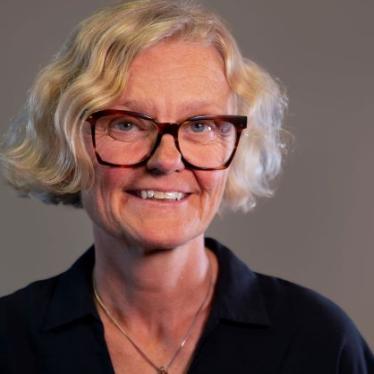The impact of war on older people has never been more visible than in the conflict in Ukraine. Images of older people unable to reach the safety of basements, being carried over makeshift bridges or walking through body-strewn streets haunt our screens. Some have been unable to flee. Others have decided not to leave their lifelong homes.
As fighting intensifies in Donbas, evacuation from there becomes more difficult and living under Russian occupation more dangerous.
Russian forces have threatened older people with summary execution, and arbitrarily detained them. The Office of the Prosecutor General of Ukraine is investigating alleged war crimes against older people, including Russian soldiers killing an older woman and injuring her husband as they cycled to a local hospital. In a village south of Chernihiv, Russian soldiers locked over 350 people in a school basement for 28 days. Ten died of suffocation or the harsh conditions of confinement. All those who died were older people.
Disruption of food, energy, water, and medical supplies has also threatened older people’s survival. In Bucha, one man said he buried his older neighbor, who had relied on an oxygen concentrator and died when the power went off.
What has been less visible is the impact on those older people living in facilities across the country.
The director of an older people’s home in Kyiv said he tried to shield older people from the realities of the war to prevent traumas of the past returning. In Bucha, the bodies of six older people were found in a nursing home in early April. The cemetery workers who found them said they had died from hunger.
A staff member from a psychiatric facility in Borodyank told Human Rights Watch that older residents spent a week under Russian occupation before being evacuated. The staff member said that Russian forces occupied the building following their evacuation, looted property, including computers, food, and other provisions, and defecated everywhere.
International humanitarian law, or the “laws of war,” and human rights law protect older civilians and their property from harm during armed conflict. All parties to the conflict should abide by international law and ensure civilian protection. Russian forces should allow civilians at risk of hostilities or in Russian-controlled territory, including Mariupol and Kharkiv, to leave in safety to Ukraine-controlled territory if they choose. Humanitarian assistance should be facilitated for older people, including those with disabilities or who are sick or injured, and may require special attention.









